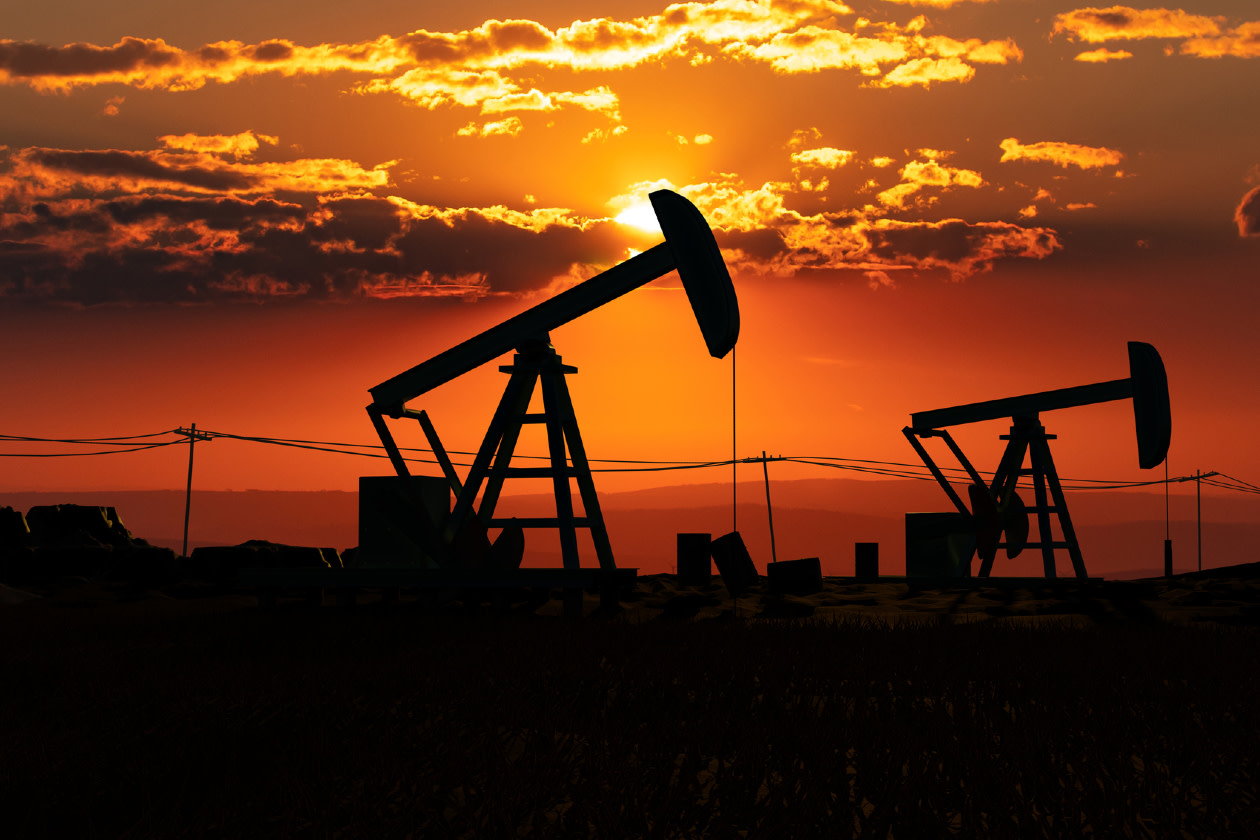BP will review its portfolio of assets and consider more cost cuts as part of a drive to do better for shareholders, the oil major said on Tuesday, as it reported a second-quarter profit that easily beat expectations.
Under pressure to improve profitability, not least from activist investor Elliott, CEO Murray Auchincloss earlier this year announced plans to sell $20 billion of assets through to 2027, as well as to cut spending, debt and costs.
On Tuesday, he signalled further action might follow, without giving details.
"We will conduct a thorough review of our portfolio of businesses to ensure we are maximizing shareholder value moving forward – allocating capital effectively. We are also initiating a further cost review," Auchincloss said.
"BP can and will do better for its investors."
Auchincloss said the decision was taken in tandem with Albert Manifold, who will replace Helge Lund as chair of the board next month. Lund had come under pressure for his backing of BP's ill-fated foray into renewables.
BP already has a target to cut costs by $4-$5 billion from 2023 levels by the end of 2027, of which it has achieved $1.7 billion, it said.
The company posted a second-quarter underlying replacement cost profit, or adjusted net income, of $2.4 billion, down 14% from last year's $2.8 billion, but easily beating the average $1.8 billion in a company-provided poll of analysts.
BP's shares were up 2.5% at 0701 GMT, outperforming a broader index of European energy companies up 1%.
The quarterly performance benefited from a 33% increase in profit at BP's customers and products business, driven by strong oil trading results, higher volumes, and a 20% rise in earnings at its Castrol lubricants unit, which the company plans to sell.
Profit at its gas and low carbon division also beat expectations, coming in just above last year's.
BP said it had made $3 billion in divestments out of its $3-$4 billion target for 2025.
Its quarterly dividend will rise to 8.32 cents from 8 cents in the first quarter and it will keep the pace of its share buyback programme, making a further $750 million of purchases by the time of its third-quarter results, it said.
BP's shares have underperformed rivals since its 2020 shift towards renewables under former CEO Bernard Looney.
Since Auchincloss's strategy overhaul in February, BP's shares have fallen by around 3.5%, contrasting with gains of around 2.4% for rivals Shell and ExxonMobil, as of Monday.
Global benchmark Brent crude prices averaged around $67 a barrel during the April-to-June quarter, compared with $75 a barrel in the first quarter and $85 a year earlier.
At first-quarter results, Auchincloss said that in the event of sustainably lower oil prices a further $2.5 billion might be shaved off BP's spending plans to cover per-barrel price moves of around $10.
This would hit the group's long-term growth, he said at the time.
BP's net debt, which it has vowed to slash to between $14-$18 billion by end-2027, fell by around $1 billion to $26 billion in the quarter.
(Reporting by Shadia Nasralla. Editing by Louise Heavens and Mark Potter)
Copyright (2025) Thomson Reuters.
This article was written by Shadia Nasralla from Reuters and was legally licensed through the DiveMarketplace by Industry Dive. Please direct all licensing questions to legal@industrydive.com.

